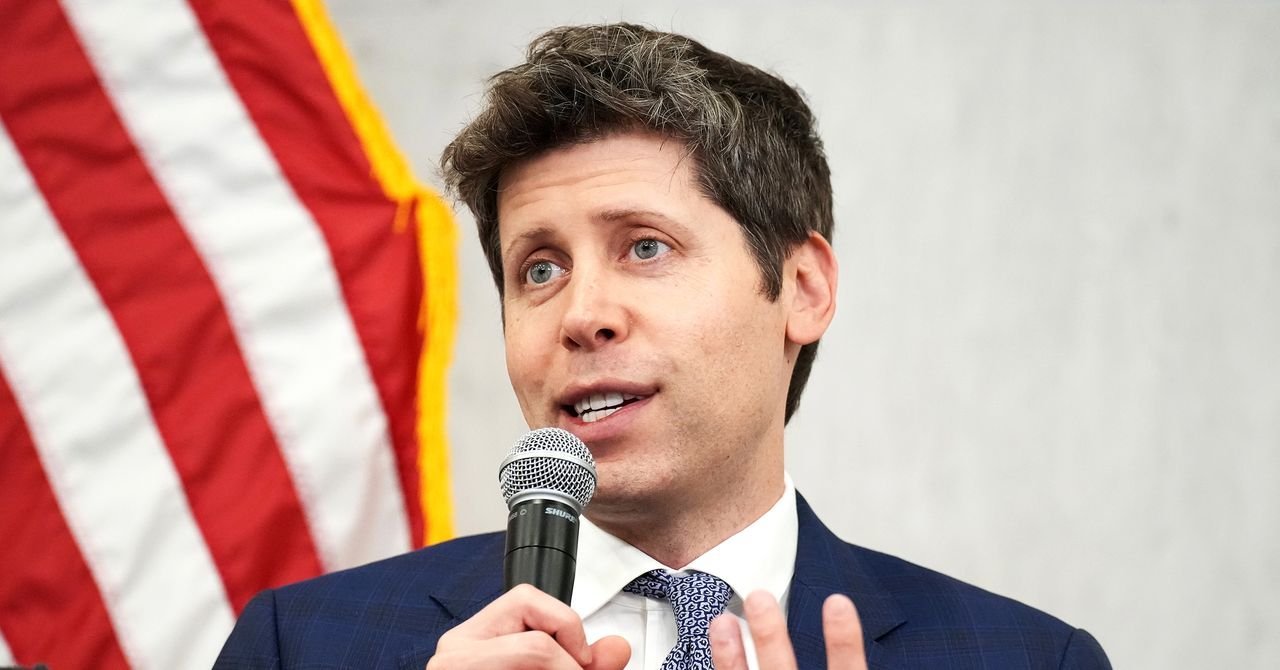OpenAI has launched its first open-weight AI models since GPT-2, offering free access to powerful 20B and 120B parameter models via Hugging Face. These locally executable models feature agentic capabilities and chain-of-thought reasoning, challenging Meta's open-model dominance while navigating safety concerns in a strategic pivot.

In a watershed moment for accessible AI, OpenAI has released its first open-weight models since 2019's GPT-2—marking a strategic reversal after years of tightly controlled proprietary releases. The new gpt-oss-120b and gpt-oss-20b models, now freely available on Hugging Face under Apache 2.0 licensing, enable developers to run powerful AI locally without internet dependency. This shift positions OpenAI to compete directly with Meta's Llama series while countering rising open-weight contenders from Chinese firms like DeepSeek.
The Technical Breakthrough: Beyond Black-Box AI
Unlike OpenAI's API-bound ChatGPT, these models offer unprecedented transparency and control:
- Open Weights: Full public access to model parameters for inspection and customization
- Local Execution: The 20B parameter model runs on consumer hardware (16GB+ RAM), enabling offline use and enhanced privacy
- Agentic Capabilities: Web browsing, code execution, and software navigation via function calling
- Chain-of-Thought Reasoning: Inherits the step-by-step problem-solving approach from OpenAI's proprietary o1 model
"Open-weight models have a very different set of strengths," cofounder Greg Brockman emphasized during the launch briefing. "You can run them without a cloud connection and behind corporate firewalls—this unlocks enterprise use cases API services can't touch."
Safety and Strategy: Walking the Openness Tightrope
The release followed deliberate delays for safety testing—a critical consideration given the misuse risks of unfettered access. OpenAI's safety team conducted adversarial fine-tuning, intentionally pushing the models toward hazardous behaviors to evaluate resilience.
"We fine-tuned internally on risk areas and measured how high we could push them," revealed safety researcher Eric Wallace. The models stayed within acceptable risk thresholds per OpenAI's framework, though ongoing vigilance remains paramount. CEO Sam Altman framed the move as mission-driven: "We're excited to get AI into the hands of the most people possible... building on an open stack based on democratic values." This subtly counters China's growing influence in open AI ecosystems.
Performance and Ecosystem Impact
Benchmark tests show gpt-oss-120b rivals OpenAI's proprietary o3 and o4-mini models, even outperforming them in specific evaluations. The Apache 2.0 license permits commercial use and modification—a deliberate contrast to Meta's recent wavering on open releases.
Timing is strategic: The launch intensifies OpenAI's talent war with Meta as both vie for researchers capable of building superintelligent systems. It also answers DeepSeek's surprise January release of efficient open models that undercut Western offerings. For developers, the implications are profound:
- Cost Reduction: Eliminates per-token API fees
- Customization: Full fine-tuning control for domain-specific tasks
- Latency Gains: Local execution avoids network delays
The New Open-Weight Calculus
This release reshuffles the AI landscape. Meta's Llama no longer dominates open weights unchallenged, while developers gain versatile tools that blur the line between cloud and edge computing. The true disruption, however, lies in OpenAI's tacit acknowledgment that walled gardens alone won't achieve AGI—sometimes, you need to open the gates.
Source: Adapted from Wired

Comments
Please log in or register to join the discussion